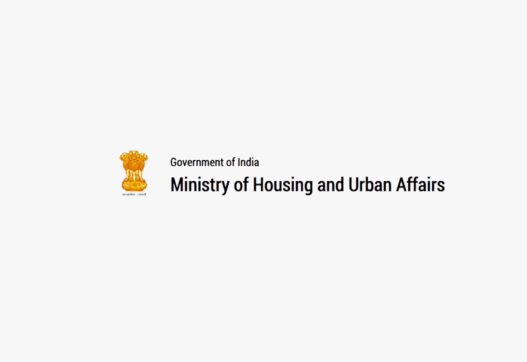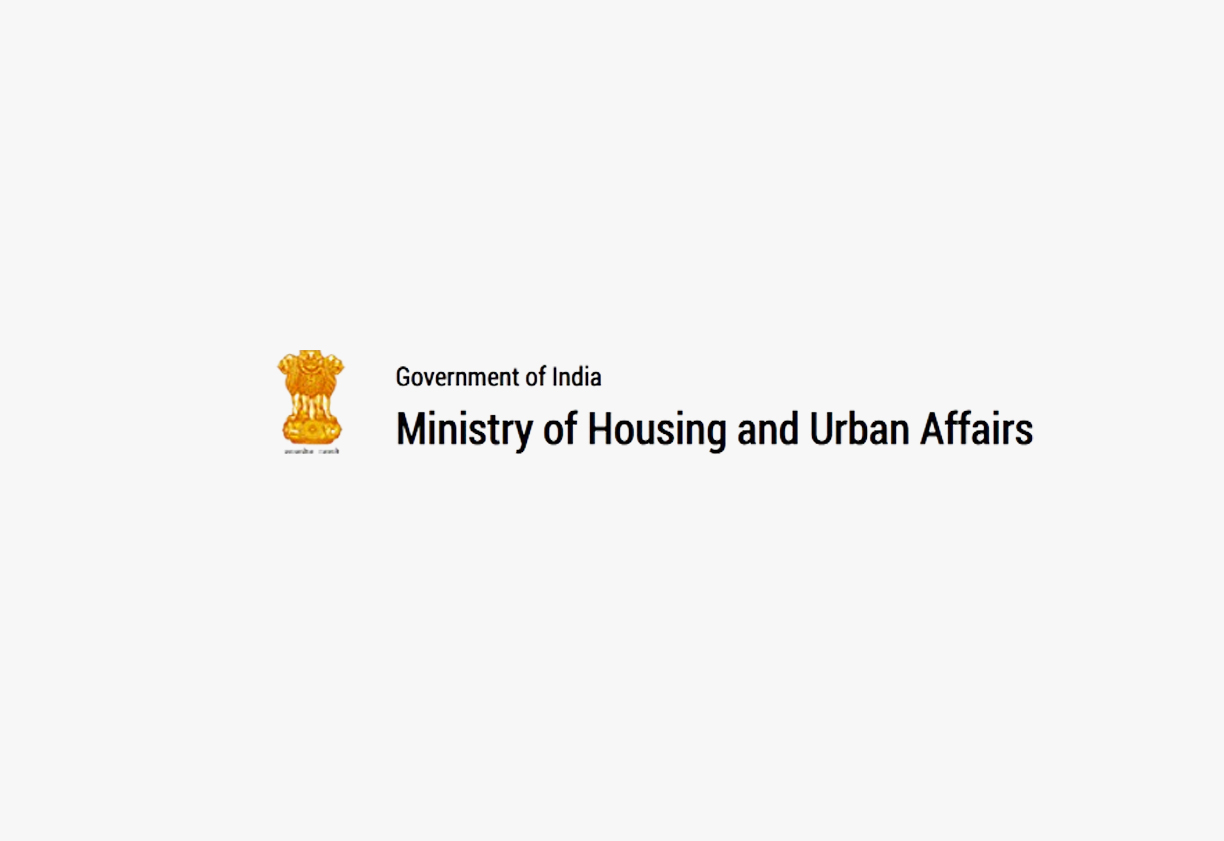Ministry of Housing and Urban Affairs
The Metro Railways (Construction of Works) Act, 1978, provides a legal framework for the construction of works related to metro railways in metropolitan cities, outlining procedures for land acquisition, compensation, and management of construction activities.
1: Act Background and Ministry Under Which This Act Is:
The Metro Railways (Construction of Works) Act, 1978, was enacted to provide for the construction of works relating to metro railways in metropolitan cities and for matters connected therewith. This act aimed to streamline the process of constructing metro railway systems, which are essential for urban transportation. The act falls under the administrative purview of the Ministry of Railways, which oversees the development and regulation of railway infrastructure in India. The ministry plays a crucial role in ensuring the efficient and safe construction of metro railway systems.
2: Enactment Date, Number of Chapters, Number of Sections:
The Metro Railways (Construction of Works) Act, 1978, was enacted on 21st August, 1978, and is known as Act No. 33 of 1978. The act is structured into six chapters. It comprises 45 sections, covering various aspects such as definitions, metro railway administration, acquisition of land, construction of works, inspection of metro railways, and miscellaneous provisions. The act also includes a schedule outlining metro alignments. The act has been amended over time to reflect changing requirements.
3: Act Governed By:
The Metro Railways (Construction of Works) Act is governed by the Central Government, which has the power to make rules and regulations under the Act. The act also provides for the appointment of a General Manager to oversee the metro railway administration, a competent authority for land acquisition, and an appellate authority to resolve disputes related to compensation. The act is governed by the provisions outlined within it, as well as rules and regulations framed by the Central government. It is therefore a combination of central authority with a judicial process.
4: On Whom It Is Applicable:
The provisions of The Metro Railways Act are applicable to the Central Government, metro railway administrations, competent authorities, appellate authorities, and all persons and entities involved in the construction, operation, and use of metro railways in metropolitan cities in India. The act ensures that all such entities and individuals adhere to the regulations outlined, as well as the Act’s mandate and guiding principles. The general public are indirect beneficiaries of the Act’s provisions. The act’s focus is to facilitate the construction of metro railway systems.
5: Penalties/Punishments:
The act prescribes penalties for specific violations:
-
Obstruction: Obstructing the metro railway administration in the execution of their duties attracts fines.
-
Non-Compliance: Failure to comply with directions issued under the act can lead to imprisonment or fines. The act emphasizes compliance through penalties.
6: Important Pointers:
-
Metro Railway Administration: The act establishes the role of a General Manager to oversee the metro railway administration.
-
Advisory Board: It provides for the constitution of an Advisory Board to advise the government.
-
Land Acquisition: It outlines the procedures for acquiring land for metro railway construction.
-
Competent Authority: It provides for the appointment of a competent authority to determine compensation.
-
Appellate Authority: It establishes an appellate authority to resolve disputes related to compensation.
-
Rule-Making Power: It empowers the Central Government to make rules for carrying out the purposes of the act.
-
Overriding Effect: It has an overriding effect on other laws, ensuring its primacy in the construction of metro railways. The act is therefore comprehensive in its approach to metro railway development.
7: Act Copy:




